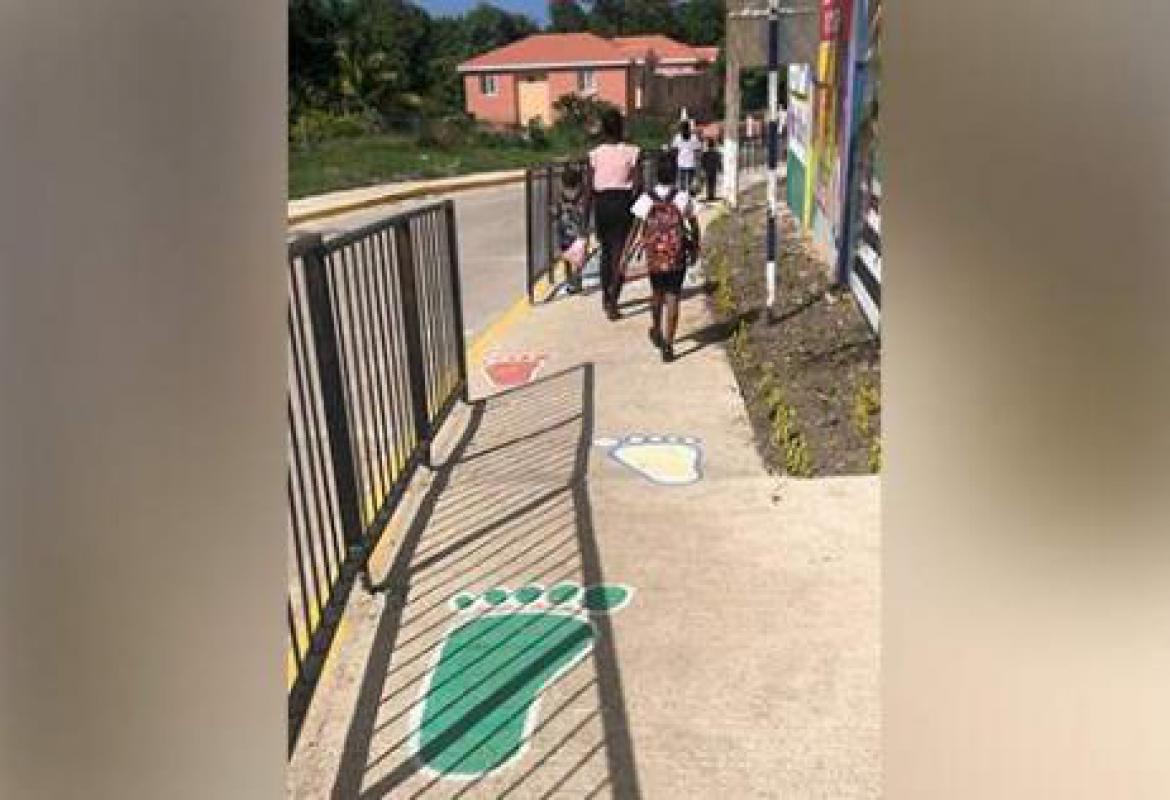When the pandemic struck in early 2020 and resorts saw tourist figures plummeting and many shuttered their doors, an accompanying ban on large gatherings and restrictions on operating hours meant restaurants also significantly scaled back on purchases.
That reality dealt young chicken farmer Javian Bassier a devastating blow as he was now largely left without a market for his poultry.
Before the pandemic hit, the Clarendon-based farmer would produce 250 chickens per month. Now, he could only watch his losses mount daily as helplessness set in.
“It affected me in a really great way, because, one, I can’t get the supplies when I buy chickens. It kinda hold me back a little because I can’t get the input of chicken,” the 21-year-old youth reflected as he spoke with The Gleaner yesterday.
“The next thing now, when di chicken dem ready, because nuff a di restaurant close, I can’t get [a] sale. So what I had to do is go by house[s] and shop[s],” he said.
Based on his losses, Bassier was selected among 3,000 farmers to benefit from $150 million worth of supplies and equipment geared towards fast-tracking their recovery. That assistance is being provided by the Jamaica Social Investment Fund (JSIF) through the Rural Economic Development Initiative II (REDI II).
The equipment includes fish nets, buckets, water boots, ropes, gloves and seeds, the first set of which was distributed on Thursday at the Liguanea Club in New Kingston.
“I feel very good that I can enhance on my agriculture produce, where I can produce more efficient and better to feed the population more,” a grateful Bassier told The Gleaner.
While growing up, farming was what Bassier saw his parents and elders doing, and, as a child, he had no other choice but to help them with the rearing and plucking of the animals to feed both themselves and their weekly customers.
“From about six years now, I went into commercial farming, but, from a toddler, I used to do farming,” he disclosed.
REDI II was initiated through financing from the World Bank to the tune of US$40 million in 2019.
“It was declared effective and it was a tremendous opportunity for the Government of Jamaica following on the success of REDI I, and, in REDI I, we had an incredible project that saw increased access to markets by farmers, increased yield of production as well, increased participation of community tourism enterprises; being licensed, being prepared for licence,” explained JSIF Managing Director Omar Sweeney.
“That project at the time, which started in 2009, was to the tune of $15 million, and the Government of Jamaica took a decision to create opportunities to be present for persons islandwide to really benefit from the project, and so the scale of the project was increased, the amount of funding was increased and, unfortunately, what had happened is, as soon we were to get on the ground with the project, COVID happened,” he added.
Sweeney said that the pandemic presented many challenges to the team and the farmers, with many having to now find domestic markets with the massive decline in tourist arrivals.
“The 4-H [Clubs] and the SDC (Social Development Commission) were working with groups across the island, and what had come in to us, was a situation where more than 3,000 small farmers enterprises had particular needs. They were impacted by COVID and what they really needed is input to restart to get their businesses back up and flourishing ... and that fits well with the objectives of REDI I and REDI II,” he said.
Venroy Wint, another chicken farmer from St Catherine who also engages in apiculture with bees, had nothing but praises for JSIF, REDI II, the World Bank and the Ministry of Agriculture and Fisheries, for making the donations.
He, too, like Bassier, suffered losses during the pandemic.
“I am actually restarting because I will not let the dream die. I want to continue to become this farmer and I want to get that recognition on the market as a young farmer who has travailed from nothing to something,” Wint told The Gleaner.
He said his interest in farming started six years ago with 50 chicks, and he has, since then, been blessed with the help of the 4-H Clubs with the development of his farm.
“From the 50 chickens that I had, I now do 12,000 chickens from just the training that I got from 4-H,” he told The Gleaner.






